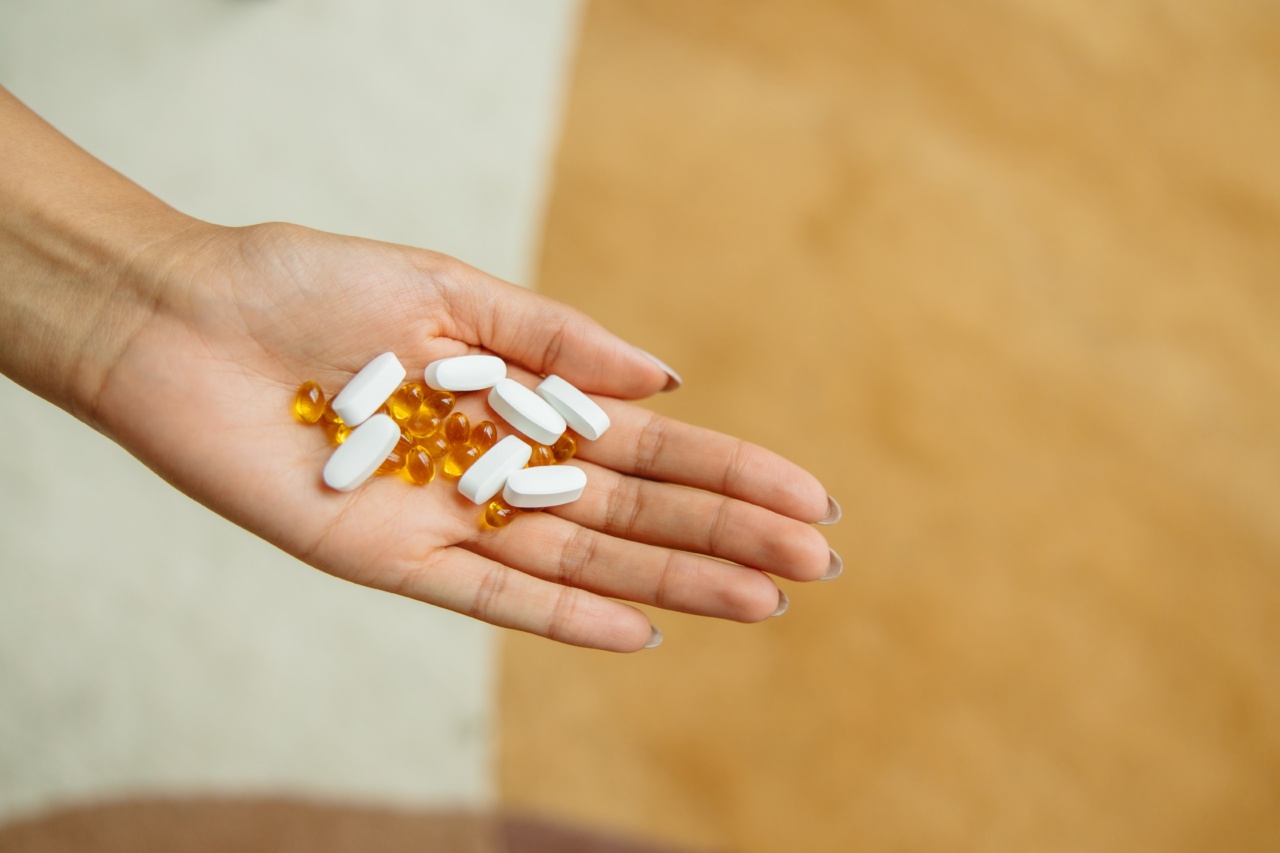Psoriasis is a chronic autoimmune condition that affects the skin, resulting in red, itchy, and scaly patches. While there is no known cure for psoriasis, there are many ways to manage its symptoms, including through diet and nutrition.
This article will explore how making dietary changes can help alleviate psoriasis symptoms and improve overall skin health.
What is Psoriasis?
Psoriasis is a skin disorder characterized by the rapid buildup of skin cells, leading to the formation of thick, silvery scales and dry, red patches that are often itchy and painful.
It is believed to be an autoimmune condition, meaning that the body’s immune system mistakenly attacks healthy skin cells, causing inflammation and an accelerated growth cycle.
The Role of Diet in Psoriasis
While diet alone cannot cure psoriasis, certain foods and nutrients can help reduce inflammation, promote healing, and support overall skin health. Making dietary changes can complement medical treatments and potentially provide relief from symptoms.
Here are some key dietary considerations for managing psoriasis:.
1. Anti-Inflammatory Foods
Inflammation is a major contributor to psoriasis symptoms. Including foods with anti-inflammatory properties can help reduce inflammation and alleviate symptoms. Some examples of anti-inflammatory foods include:.
– Fatty fish, such as salmon, sardines, and mackerel, which are rich in omega-3 fatty acids known for their anti-inflammatory effects.
– Colorful fruits and vegetables like berries, cherries, spinach, kale, and broccoli, which contain antioxidants that combat inflammation.
– Turmeric, a spice known for its anti-inflammatory and antioxidant properties.
2. Gluten and Psoriasis
There is evidence to suggest that individuals with psoriasis may have a higher prevalence of gluten sensitivity compared to the general population.
Gluten is a protein found in wheat, barley, and rye that can trigger an immune response in susceptible individuals. It is recommended that people with psoriasis consider eliminating gluten from their diets to see if it helps alleviate their symptoms.
3. Vitamin D
Vitamin D plays a crucial role in skin health and immune function, and many individuals with psoriasis have low levels of this vitamin.
Sunlight is the most effective way for the body to produce vitamin D, but some individuals may require supplementation. Foods rich in vitamin D include fatty fish, fortified dairy products, and egg yolks.
4. Probiotics and Gut Health
Emerging research suggests a link between gut health and psoriasis. Probiotics, which are beneficial bacteria, can help support a healthy gut.
Consuming foods rich in probiotics, such as yogurt, kefir, sauerkraut, and kimchi, or taking a probiotic supplement, may help improve psoriasis symptoms.
5. Omega-3 Fatty Acids
Omega-3 fatty acids have been shown to have anti-inflammatory properties, which can help reduce psoriasis symptoms. In addition to fatty fish, other sources of omega-3s include flaxseeds, chia seeds, and walnuts.
6. Avoid Triggers
While not directly related to diet, it is important to identify and avoid triggers that worsen psoriasis symptoms. Common triggers include stress, alcohol, smoking, certain medications, and infections.
By minimizing exposure to these triggers, individuals with psoriasis may experience fewer flare-ups.
7. Maintain a Healthy Weight
There is a strong link between psoriasis and obesity. Excess weight can worsen psoriasis symptoms and increase the risk of developing psoriatic arthritis, a condition that affects the joints.
By maintaining a healthy weight through a balanced diet and regular exercise, individuals with psoriasis can help manage their symptoms.
8. Hydration
Proper hydration is essential for healthy skin. Drinking an adequate amount of water helps keep the skin moisturized and supports its barrier function.
It is recommended to consume at least 8 glasses of water per day, or more if engaging in strenuous physical activity or in hot weather.
9. Reduce Sugar and Processed Foods
High consumption of sugar and processed foods has been linked to inflammation and various skin conditions.
Limiting the intake of sugary beverages, sweets, refined grains, and processed snacks may help improve psoriasis symptoms and overall skin health.
10. Individualized Approach
It is important to note that what works for one person may not work for another. Psoriasis is a highly individualized condition, and dietary changes that alleviate symptoms in one person may not have the same effect in another.
It is advisable to work with a healthcare professional or a registered dietitian to create a personalized dietary plan.
In conclusion, while diet alone cannot cure psoriasis, making dietary changes can play a significant role in managing symptoms and improving overall skin health.
Incorporating anti-inflammatory foods, avoiding triggers, maintaining a healthy weight, and staying hydrated are all important considerations for individuals with psoriasis. It is recommended to consult with a healthcare professional for personalized advice and guidance.






























